FBA versus FBM: Which is Better for Amazon Sellers?
With a staggering 8.6 million sellers gracing Amazon's platform and approximately 100,000 new sellers entering every month, the appeal is self-evident. In this evolving online marketplace, listing products on Amazon provides online retailers access to a myriad of potential customers.
However, choosing to sell via Amazon is merely the initial step. Online traders must then determine which among the numerous fulfiment methods provided by Amazon suits them best. In addition to the well-known Fulfillment by Amazon (FBA) choice, e-commerce entrepreneurs also have the Fulfillment by Merchant (FBM) or Merchant Fulfilled Network (MFN) method at their disposal. It may seem perplexing with options like FBA, FBM, and MFN available, but there are further alternatives like Multi-Channel Fulfilment (MCF) by Amazon and Seller Fulfilled Prime (SFP). To clarify and simplify these options as much as possible, we’ve crafted this article focusing primarily on the two most prevalent options - FBA and FBM. We will delve into the fundamental concepts of each, outline the pros and cons of FBM and FBA, and ultimately, furnish a recommendation on which could be the most beneficial option for you.
What is Amazon FBM?
Fulfillment by Merchant (FBM), also known as Merchant Fulfilled Network (MFN) is a fulfilment method, with which an Amazon seller is responsible for the order fulfilment of their products sold on Amazon. This process which includes storage, picking, packing, and labeling can then be taken care of in-house or with the help of a third-party logistics (3PL) partner. In addition, 3PL companies often include returns management and customer support services (to help retailers handle parcel clarifications among others ) in their packages.
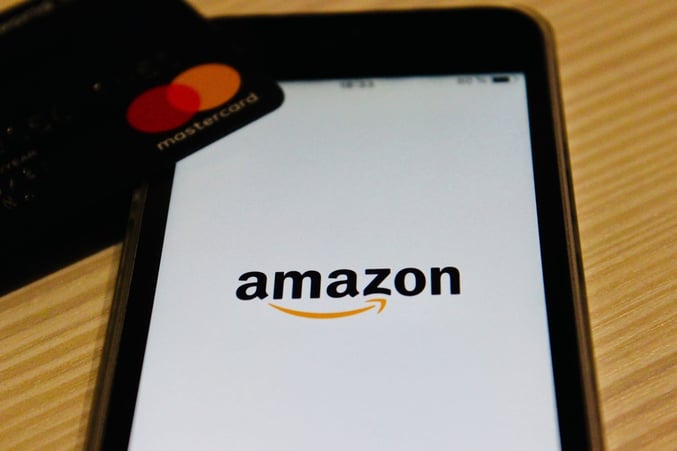
Advantages of Fulfillment by Merchant (FBM)
|
Control Over Your Products
By managing orders independently or with the aid of a 3PL company, online merchants can more effectively implement and coordinate a multi-channel strategy. FBM allows e-commerce entities to synchronise various channels, including their own Shopify store, alongside Amazon while maintaining inventory oversight. To amalgamate data from diverse channels, online merchants can employ one of the many ERP solutions available. This way, the inventory from different online and offline channels can be streamlined, enabling optimisation of storage, picking, packing, as well as management of shipping and returns.
Packaging
Another vital benefit of Fulfilment by Merchant is the ability for online retailers to emphasise branding and marketing through the use of bespoke packaging. In contrast, opting for the FBA method means customers receive the recognisable, but standardised, Amazon-styled parcels. FBM sellers, on the other hand, have the opportunity (and are encouraged) to personalise and distinguish their products from competitors’. A prevalent approach, especially among eco-conscious D2C brands, is the adoption of environmentally friendly packaging—a practice gaining significance among an increasing demographic of online shoppers advocating for sustainable e-commerce.

Resilience to Changes in Amazon Policies
Amazon frequently modifies its policies for FBA sellers, often with inadequate notice for sellers to adapt. Additionally, FBM sellers face less stringent repercussions compared to FBA sellers for policy non-compliance, avoiding unforeseen costs associated with Fulfilment by Merchant.Quicker Launch
According to the most recent report on the state of Amazon seller, FBM users establish their Amazon ventures quicker compared to FBA sellers. This is primarily due to the increased flexibility FBM sellers enjoy and the reduced number of regulations they need to adhere to.
Enhanced Margins
Ultimately, business is predominantly about profitability. Consequently, many sellers prefer FBM due to the perceived economic advantage. Indeed, FBM sellers have reported higher profit margins compared to their FBA counterparts, attributing this to lower Amazon fees associated with this fulfilment method. They have also reported experiencing increased lifetime profits.
Disadvantages of Fulfillment by Merchant (FBM)
|
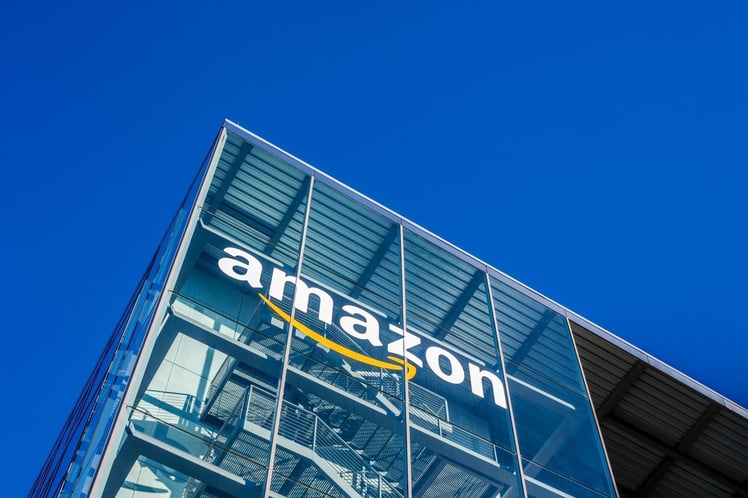
Shipping Costs
Shipping speed and cost are crucial factors for success in e-commerce. Shipping costs are a major reason for cart abandonment, and studies show that shoppers find free shipping twice as appealing as percentage-off deals. Moreover, free shipping has resulted in 65% of recommendations from online retailers, leading to more frequent purchases and larger basket sizes. Therefore, we strongly advise finding an affordably priced alternative and suggest incorporating shipping costs in the product price to offer “free shipping”.
More Hassle When Not Combined With 3PL Partner
The most evident difference between the two options is the effort involved in fulfilling orders. Online merchants might find themselves dedicating a significant portion of their time to packaging and dispatching products. While having complete control has its perks, it comes with increased responsibility. Mistakes in the fulfilment process are inevitable, and in such cases, the responsibility solely falls on the merchants. However, this challenge can be mitigated by partnering with third-party logistics (3PL) companies, who can manage the entire process, making fulfilment hassle-free for merchants.Not Prime-eligible
A significant disadvantage of the FBM fulfilment method is that sellers don’t automatically qualify to offer the coveted Amazon Prime option. Customers, accustomed to prompt delivery, may feel let down if delivery exceeds two or three days. Consequently, finding alternatives to Amazon’s swift shipping that can provide comparable service is vital.
Earning the Prime Badge without FBA: Seller Fulfilled Prime (SFP)
Seller Fulfilled Prime (SFP) enables Amazon sellers to display the Prime badge on orders while using a third-party logistics partner or self-fulfilling orders. This implies that e-commerce merchants are no longer compelled to use FBA services to avail of the Prime option. Nonetheless, only the top-notch sellers can attain Seller Fulfilled Prime status, and there are stringent program terms sellers must adhere to, to qualify for SFP.
While it’s advantageous to avoid FBA shipping and handling fees and storage fees, and to potentially earn higher profits on hefty and voluminous items compared to FBA, there are also significant drawbacks to contemplate when choosing this option. Aside from stringent requirements, such as a 99% on-time shipment rate and a cancellation rate of less than 1% during a trial period, aspiring SFP sellers need to know that they are obliged to purchase at least 95% of all shipping labels through Buy Shipping Services.
Moreover, merchants adopting SFP won’t enjoy the same flexibility as FBM sellers in selecting shipping providers, due to the conditions laid out by the SFP program. This factor should be considered keenly by merchants who prioritize flexibility and autonomy in their operational decisions.
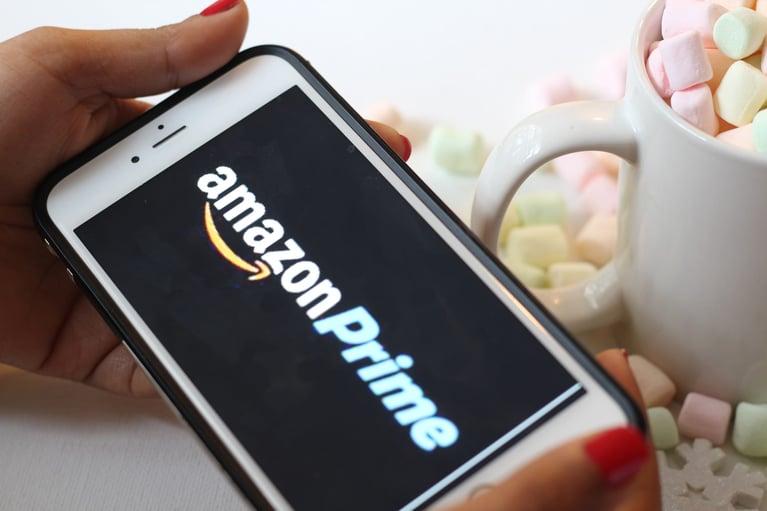
What is Amazon FBA?
Fulfilment by Amazon (FBA) is a service where you send your products to one of Amazon's fulfilment centres. Once your products arrive there, Amazon assumes responsibility for the rest of the process. They handle storage, packing, and shipping, allowing you to be hands-off with these aspects of order fulfilment. While this might seem convenient, it's important to consider the various trade-offs involved before opting to use this service. There are certain constraints and fees that may impact whether this is the right choice for your business, so assessing these factors is crucial in making an informed decision.
Advantages of Fulfillment by Amazon (FBA)
|
Prime-eligible
Prime is a cornerstone of Amazon's success, offering fast and free shipping. Lacking Prime eligibility can deter customers from purchasing, making FBA a favourable option for numerous e-commerce enterprises.
Hassle-free Fulfillment
Undoubtedly, the convenience of hassle-free fulfilment draws many online sellers to Amazon FBA. Merchants simply store their inventory in Amazon's warehouses, and from there, much like 3PL companies paired with the FBM method, Amazon's team manages the rest, liberating resources for e-commerce entrepreneurs.
Customer Service and Returns Management
Similarly, by delegating customer service and returns management to Amazon, online merchants can allocate their time more effectively to areas such as marketing and sales, optimising their business operations.No Need to Negotiate with Parcel Delivery Companies
FBA sellers also benefit from not having to engage in negotiations with parcel delivery companies, saving valuable time that can be better spent on revenue-generating activities. Providers like DHL, DPD, or UPS hold significant bargaining power, especially against smaller e-commerce entities. Thus, utilising Amazon’s services, or alternatively, collaborating with a 3PL provider who can consolidate shipments from various sellers to leverage better prices, presents a distinct advantage.
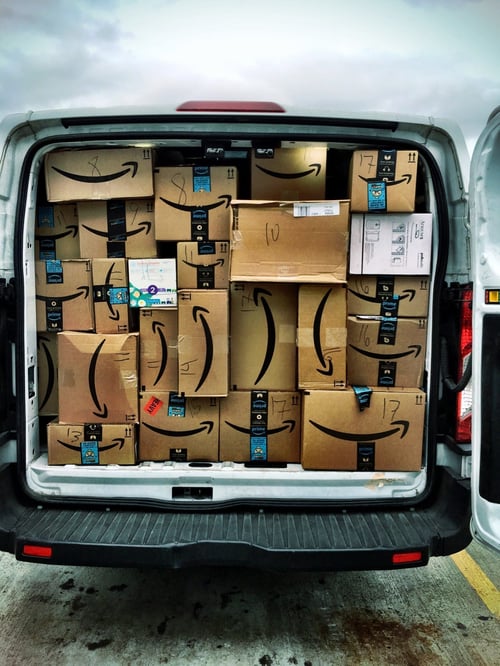
Extra Costs for Fulfillment
For those using FBA, it’s crucial to be mindful of the substantial fulfilment costs involved. Amazon, being a formidable entity in e-commerce, levies charges for services like picking, packing, shipping, and returns management per unit sold. Typically, these costs are likely to be more compared to partnering with a 3PL service provider.
Extra Costs for Storage
Similarly, storage fees, calculated by cubic meters or feet, shouldn’t be overlooked, especially the long-term ones, which can escalate rapidly. It's also important to note that Amazon implements additional storage fees in Q4, the last quarter of the year. Although this is openly communicated by Amazon, numerous sellers overlook these extra charges, facing surprises when billed.
Additional Fees
Beyond fulfilment and storage fees, there exist other charges that can significantly impact your margin. For instance, a closing fee is imposed on media items such as books, video games, and software, costing £0.50 per item in the UK. Additionally, sellers encounter order handling fees and a per-item fee, the latter being £0.75 per product for Amazon UK, applicable to sellers using the free account. To comprehend these fees more thoroughly, leveraging Amazon’s fee calculator is advisable.
Increased Expenditure for FBA Businesses
Research concluded at the end of 2019 reveals that FBA sellers, in contrast to their FBM counterparts, incurred higher expenses and experienced elongated timeframes during product launches. This underlines the importance of thorough consideration regarding the choice of fulfilment methods, assessing the financial and time implications meticulously.
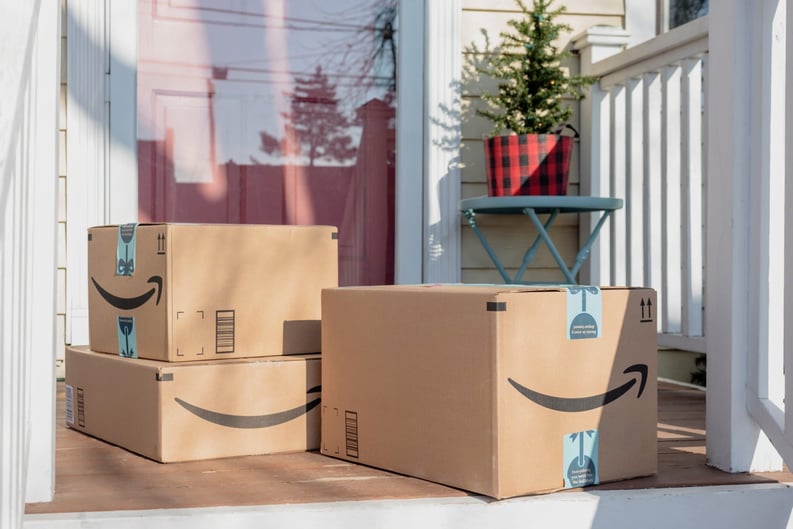
Loss of Control
It's beneficial to have Amazon fulfil orders effortlessly, but it also implies relinquishing control over your inventory and significant aspects of your online business management. If your product line includes high-value or complex items, it's wise to weigh the decision to use FBA carefully. This caution stems from Amazon's tendency to process refunds to customers without thoroughly verifying the validity of the claims, prioritising customer retention over seller’s potential losses. This can be financially draining for sellers, but as Amazon aims to ensure customer loyalty, the cost of returns to the seller isn't their primary concern. Additionally, delegating customer support to Amazon means forfeiting the chance to gain invaluable feedback and insights from customers, which could be detrimental in the long run.
Brand Identity
Opting for Fulfillment by Amazon necessitates an understanding that customers will associate the product with Amazon rather than your brand. This could hinder your brand-building efforts as your products become one amongst many, with price potentially becoming the pivotal factor influencing purchasing decisions. In fact, nearly 50% of Amazon shoppers admit that price significantly impacts their buying choices on the platform. Consequently, if you perceive your products as superior to those of your competitors, embracing the FBA method warrants serious contemplation. Aiming to establish a robust brand identity might be challenging within the FBA framework, especially when customer perceptions and buying decisions are predominantly influenced by pricing and the overarching Amazon brand.
Conclusion
There are good and bad points to using FBA, FBM, and also SFP. FBA is a good choice when you’re selling small and light products, and when your brand name isn’t a big factor in how customers decide what to buy. Being Amazon Prime-eligible is one clear advantage of FBA, but most of the other benefits can be obtained by using a 3PL company. Actually, online business owners might get the most benefit by using a mix of both - partnering with a 3PL company and using the FBM method.
Best Practice: Using FBM with byrdMany third-party logistics (3PL) service providers like byrd have ready-made Amazon FBM integrations that can be connected within minutes. Some other advantages Amazon sellers have when using the services of byrd are:
The best part is, FBM sellers using the services of byrd, do not have to touch a single parcel, consequently, a hassle-free fulfilment solution guaranteed, while there is still the possibility to build a strong brand. Staying flexible and being able to build a strong e-commerce brand while not using too much time on fulfilment and negotiations with shipping providers themselves, will result in a bullet-proof business solution for merchants, ready-made to scale up your e-commerce business. |